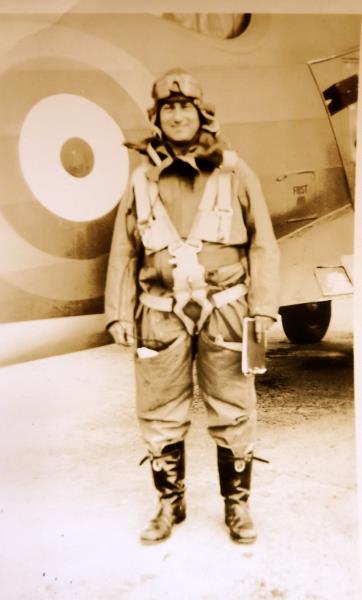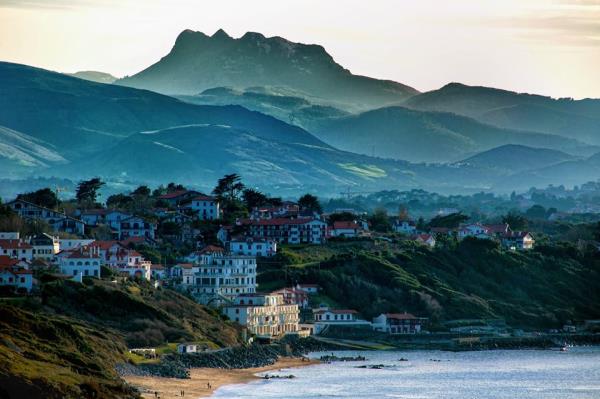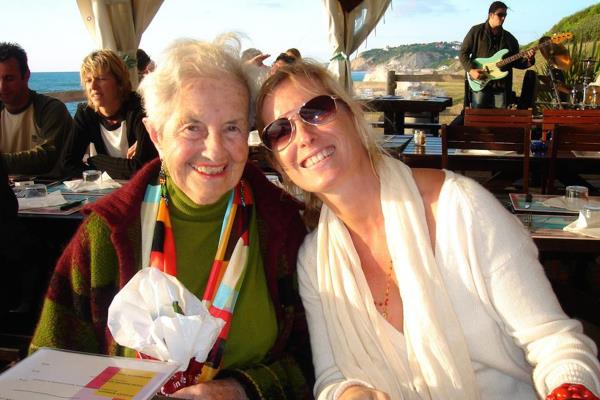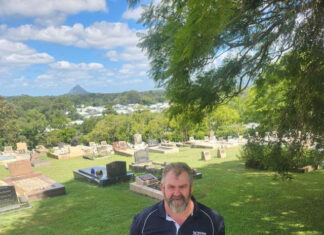By PHIL JARRATT
ACTING on doctor’s orders, I slowed down last week. It was the strangest feeling.
Barred from entering my office, forced to surreptitiously check emails from inside a locked dunny, watching pointless cricket matches on TV without a work project on my lap, sprawled out poolside reading paperback crime thrillers, actually having conversations with my grandkids, I slowly began to realise that this was what life was meant to be like. I recalled that old line about how no sane person is going to lie on their deathbed wishing they’d spent more time at the office, and wondered why I’d ever forgotten it. I started the long process of remembering how to chill out.
When my working life began 45 years ago, my mantra was always never become a slave to a job, always seek out the adventurous path. By and large, that’s what I’ve done, a decade or so in the corporate jungle notwithstanding, but somewhere along the line, working to your own rule book morphed into 100-hour weeks and the constant stress of deadlines. I know I’m not alone in this, but somehow, without me realising it, I became a slave to not having a real job. Once he got demobbed from the RAAF, my dad never worked for the man again for the rest of his life, but no man ever worked harder. A small businessman, he worked all day in his shops, then came home and “did the books” until long after I’d been sent to bed. Saturday afternoons he rearranged the showrooms and Sundays he worked around the house. It was a lot, but never enough. He kept taking on more. He became a stalwart of Rotary and in 1955, when I was four, he stood for the NSW parliament in a seat regarded as unwinnable for his party. This was correct, as it turned out, but he gave Rex “Buckets” Jackson the fright of his life. I saw how hard Dad worked and thought he was crazy, as much as I loved him, and yet it turned out I had inherited those genes. Fear of doing nothing just crept up on me. Well, I’ve had my little wake-up call. It’s time to stop and smell the roses. Everything can wait, including you if you’re trying to contact me this week.
Vale Madame Jardine
At the risk of turning this column into the obituaries page, in a springtime of sadness I must also mention the passing of a dear old friend in France, not a name many will recognise but an interesting footnote to surfing history. Madame Mayie Jardine was the doyenne of style in the tiny village of Guethary, on the Basque coast of south west France, where we were privileged to live for several years. The widow of a Scottish businessman named Douglas Jardine (no relation to the notorious Bodyline cricket captain of England), Mayie turned the family home, just off the village square, into a quaint bed and breakfast. Having just a tiny walk-up flat above the bar-tabac, we would often refer Australian visitors to Madame Jardine, or the slightly plusher Hotel Madrid if they were better-heeled.
In this way, many of our friends became her friends. Photographer Rennie Ellis stayed there on a couple of occasions and corresponded with Mayie on a regular basis. When we had to pass on the news of his untimely death in 2003, she was mortified. “I cannot hear this news,” she cried, putting her hands over her ears and running back into her hotel. But at sunset she was on the terrace at the Madrid to join us in a toast to his memory.
Madame Jardine owned the square in Guethary. An expensive scarf thrown casually over her tailored suit, she would walk slowly up the slight hill from her residence, stopping to chat with every neighbour, before settling at a streetside table at Hotel Madrid for a morning coffee, or on the terrace side for an afternoon aperitif, or perhaps across the street at the Bar Basque for a sunset glass of wine.
She was friends with everyone who lived in our building, but no one more so than our downstairs neighbour, Miki Dora. Miki, the legendary rebel surfer from Malibu, California, could be a prickly customer at times, but Mayie knew how to put him in his place immediately with a stern glance, followed quickly by a mocking smile. When Miki got sick she comforted him like a son, although in fact there were not that many years between them. And when the cancer finally took him, she was heartbroken. At Miki’s memorial service on the cliff-top at Guethary, overlooking those beautiful waves, I remember her standing with Miki’s father and stepmother, so dignified in her sadness.
And now Madame Jardine has gone too. Vale Mayie, a long life lived well.











